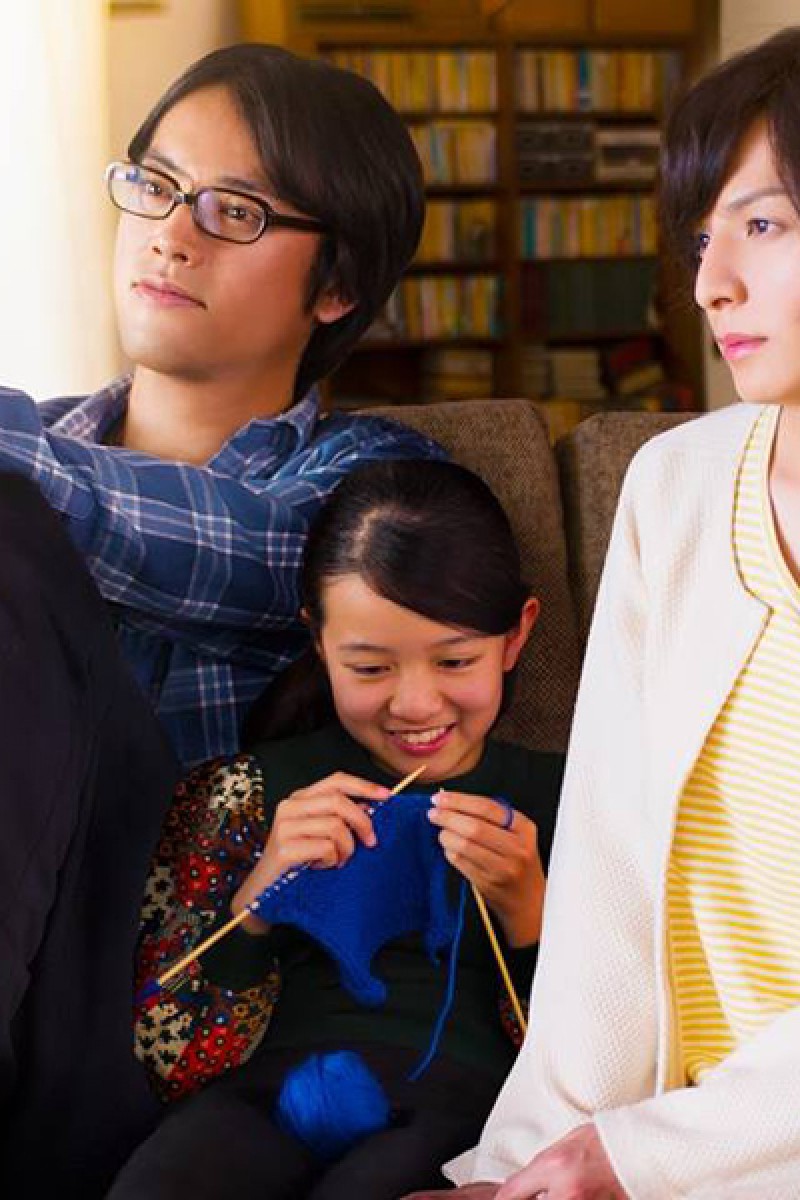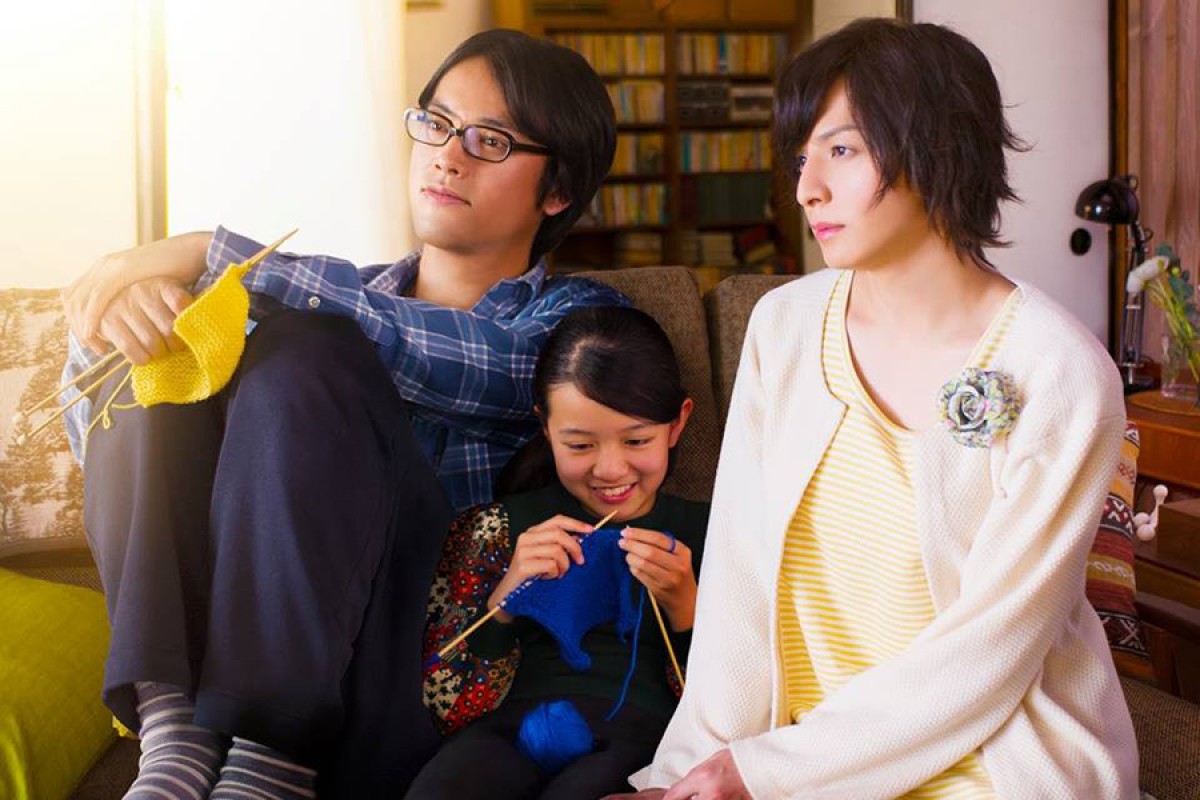
A transgender person's journey through the eyes of a child inspires empathy and compassion [Review]
 Close Knit explores a controversial subject through the eyes of a child to remind us of what really matters.
Close Knit explores a controversial subject through the eyes of a child to remind us of what really matters.Inspired by a true story, this simple yet heart-rending Japanese drama captures the psychological trauma of transgender people beautifully, and highlights the importance of support of family and peers.
Close Knit follows the story of 11 year-old girl Tomo (Rinka Kakihara) whose mother Hiromi (Mimura) ran away from home and left her alone. Tomo then goes to stay with her uncle Makio (Kenta Kiritani) and his transgender girlfriend Rinko (Toma Ikuta). Initially she’s confused by Rinko, but Tomo gradually opens up and builds a tight bond with her.
Meanwhile, Tomo realises her classmate Kai, who she’d always thought was “eccentric”, might be like Rinko and is a girl trapped in a boy’s body, and begins to see Kai in a new light.
If you know actor Ikuta best as the charming and strong-minded Nakatsu Shūichi from the popular Japanese TV series Hanazakari no Kimitachi e: Ikemen Paradis, his performance as Rinko in Close Knit will probably leave you stunned. Gentle, feminine and thoughtful inside and out, Ikuta convincingly portrays the delicate balance of one who is navigating the world anew as a transgender person. Child actress Rinka also puts on a fantastic performance and she captures her character’s innocence and emotions so believably, audiences will find her completely endearing.
Instead of focusing on the physical pain of gender reassignment surgery, which is super relevant to transgender people, the movie focuses on the emotions of a child and adult going through their transitions instead. By staging the film through 11-year-old Tomo’s perspective, and also depicting the struggles of transitioning through a child, Close Knit pulls the audience in and helps you look beneath the surface of a controversial topic to find empathy in seeing human emotions portrayed on screen, regardless of their gender identity.
Close Knit encourages its audience to re-examine the common labels and misconceptions surrounding transgender people. The film also reminds us that gender is merely a cultural and social construct that has little to do with how we see ourselves and how others should see us. Through the characters’ complex personal stories, the film also highlights how the dynamics of a parent-child relationship can be passed down like a chain reaction.
Close-knit is not only a heartwarming film about the bond between family members and friends, it also invites the viewers to feel bonded with the characters of the film through emotions we all feel and know too well. While a touch sad, this work of art is also educational and inspirational. Well worth going with friends or your siblings for a new perspective on gender you may never have had before.
Edited by Heidi Yeung
